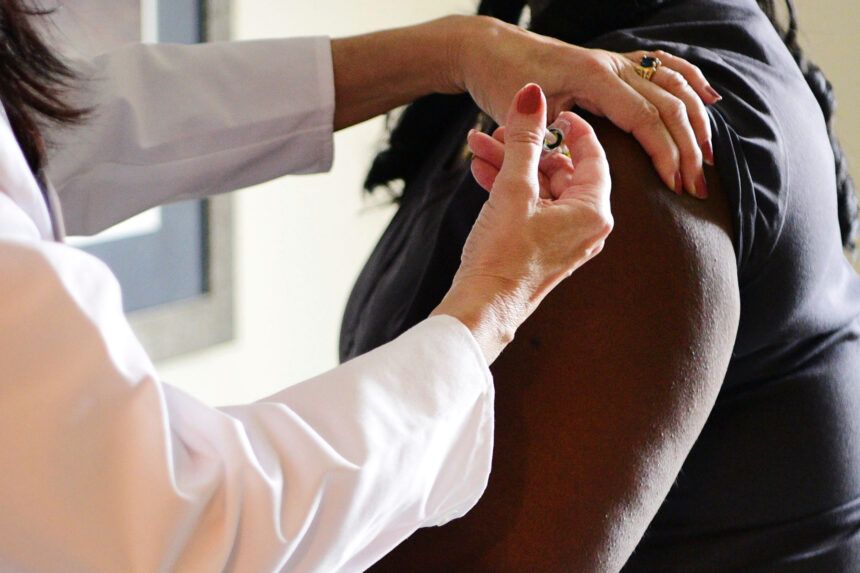For Covid-19 vaccine recipients, CDC to roll out cell phone-based monitoring system

(CNN) Once a Covid-19 vaccine becomes available in the United States, the Centers for Disease Control and Prevention plans to monitor vaccine recipients for any health problems through text messages and online surveys, as part of a new program called V-SAFE.
"V-SAFE is a new smartphone-based active surveillance program for Covid-19," Dr. Tom Shimabukuro, deputy director of the CDC's Immunization Safety Office, said during a meeting of the US Food and Drug Administration's Vaccines and Related Biological Products Advisory Committee on Thursday.
During the early phase of distributing a Covid-19 vaccine, initial doses may be given to specific groups, such as healthcare personnel and other essential workers, and so they likely would be the first to use V-SAFE. CNN has contacted the CDC for comment.
Through V-SAFE, which stands for "vaccine safety assessment for essential workers," health checks can be conducted via text messages and email daily in the first week after a person receives the vaccine and then weekly thereafter for six weeks, according to the CDC's website.
If a vaccine recipient reports any adverse events, the program will help submit a report to the US Department of Health and Human Services' Vaccine Adverse Event Reporting System or VAERS.
"It includes active telephone follow-up," Shimabukuro said. It's a more active way to monitor for adverse events, instead of merely waiting for patients to report them.
But some questions remain around how and when V-SAFE will be used once a Covid-19 vaccine becomes available.
The program likely will be one way to help monitor vaccine recipients in real time, said Dr. Amesh Adalja, senior scholar at the Johns Hopkins University Center for Health Security, who is not involved in the program.
"I don't think there's anything quite like this but I think there's been clearly a trend towards this type of program," Adalja said.
"This isn't the exclusive way that they are going to get information," he said. "It's an additive way."
The CDC's website also lists two other "expanded safety monitoring systems" to evaluate Covid-19 vaccine safety in real time: the CDC's National Healthcare Safety Network for tracking information among acute care and long-term care facilities and then larger insurer and payer claims-based databases through the FDA.
It remains important to have other ways to collect information, said Claire Standley, an assistant research professor within the Center for Global Health Science and Security at Georgetown University, who is not involved in the program.
"It'd be important to have alternative methods for reporting adverse reactions as well and not just rely on the mobile cell reporting," Standley said.
With the program, "there are definitely advantages as well, particularly since in the context of Covid-19 we really do need to get a lot of data quite quickly," she said, but there are also questions about data protection and "there would need to be some assurances made as to how those data are protected."



